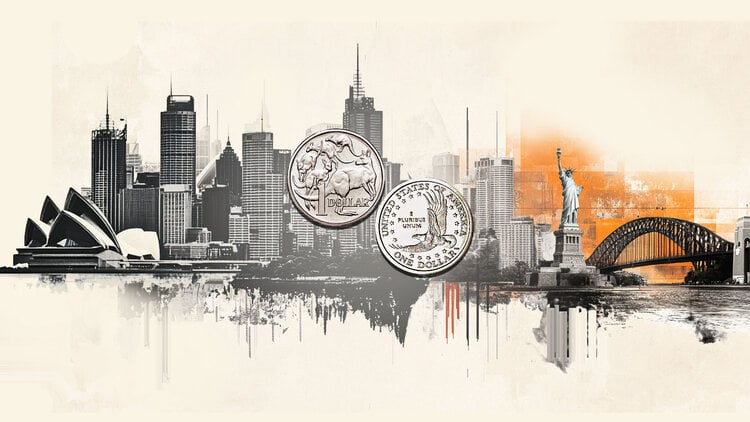The Consumption Intention of Families (ICF) in Brazil reached 79.5 points in May this year, as pointed out in the survey, released this Tuesday (24), by the National Confederation of Trade in Goods, Services and Tourism (CNC).
This is the highest level for the indicator since May 2020, when it was at 81.7 points.
According to the survey, the expectation for greater consumption among Brazilians has been growing for at least five consecutive months.
In January 2022, for example, the indicator had an approximate value of 70 points. Despite the progress, the index, which can vary up to 200 points, is still below the level of satisfaction, based on 100 points.
The result for May is linked to the good perception in relation to the job market in the country – which has had a falling unemployment since the beginning of the year, according to the IBGE – and the “financial stability” of the population for the coming months, according to the CNC. .
The study also highlights access to credit and current income as reasons for consumption recovery.
Among Brazilians, the population with the lowest income expects to consume more often, according to the survey.
In families earning up to ten times the minimum wage, “the consumption intention advanced more expressively”, with an increase of 4.8% for May in relation to April. Among the population with income above ten minimum wages, the growth was 2.8% in the period.
Comparing the Brazilian regions, consumers in the North showed the lowest consumption intention in May, with 62.3 points.
At the other end are the residents of the Southeast and South of the country, with a score of 81.7 and 85.7 points, respectively.
Even with the improvement in May, consumption intention is still below expectations for all income brackets and regions in Brazil, according to the study.
CNC points out that any value below 100 points means a result below expectations for a strong economy.
In this way, the score is influenced by rising inflation and rising interest rates, which affect the purchasing power of Brazilian families, according to the survey.
“Analysing the survey, we can say that the perception of the job market has improved, but I think we cannot say that we are in a heated job market, that is not correct. The job market stopped getting worse and this ended up improving people’s perception”, evaluates professor and economist at Ibmec, Christiano Arrigoni.
“They are feeling more secure in their jobs because of this, but it doesn’t mean that we still have an unstable economy, because the impact of inflation is a plausible hypothesis.”
Source: CNN Brasil
I am Sophia william, author of World Stock Market. I have a degree in journalism from the University of Missouri and I have worked as a reporter for several news websites. I have a passion for writing and informing people about the latest news and events happening in the world. I strive to be accurate and unbiased in my reporting, and I hope to provide readers with valuable information that they can use to make informed decisions.







